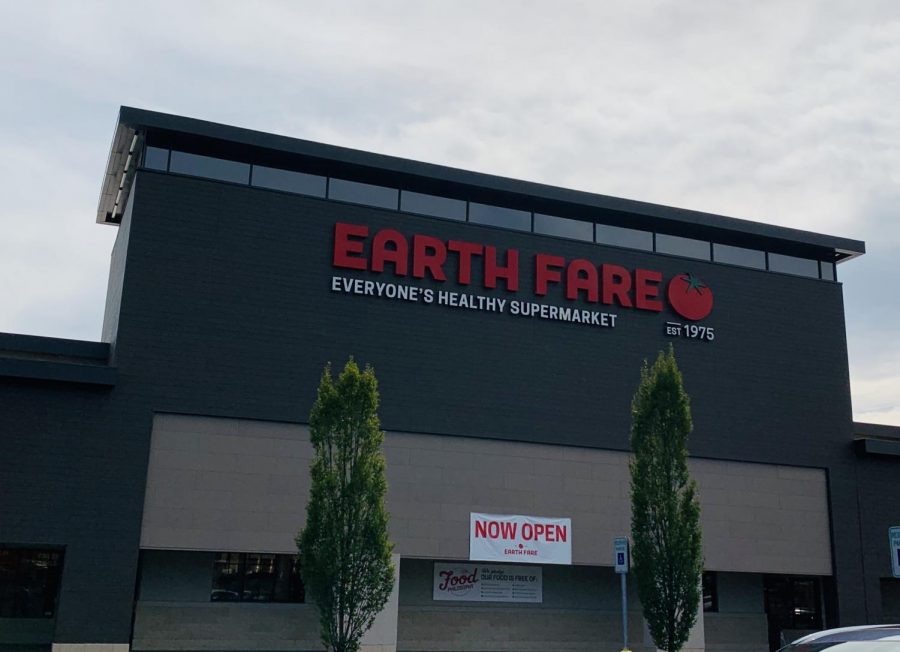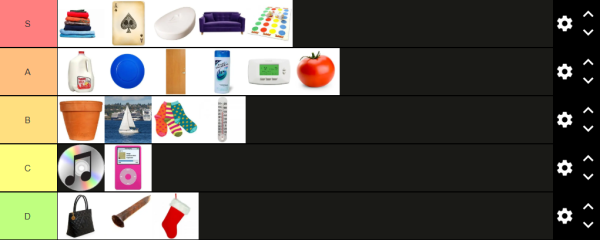Restoring the Store: Greenville Earth Fare Grocery Reopens
Initially opening in 1975, Earth Fare was on the threshold of celebrating its 45th anniversary, which was abruptly subverted upon filing for bankruptcy in a proclamation of its permanent closure on February 3, 2020. Earth Fare, an Asheville-based natural grocery chain, offers healthy and environmentally conscious substitutes for an array of foods and products, contributing to the organic market and allowing countless consumers to improve their standard of purchase by making quality goods more accessible to the general public. The demise of Earth Fare signified the loss of a non-GMO store, reducing one’s ability to seek healthy alternatives to conventionally grown produce. However, juxtaposing the trend of businesses weakening alongside the pandemic, with shoppers being encouraged to avoid public areas, several Earth Fare groceries have reopened across the southern states, including the Greenville location.
With the expansion of the natural market, organic products have became available in nearly every mainstream supermarket, and while specialized health food stores still possess a sense of exclusiveness, carrying unique goods and ensuring that the entirety of their stores embody additive-free missions as opposed to a reserved shelf or isle bearing naturally sourced produce, such sanctity has become tainted by necessary price inflation and more widespread obtainability of the homegrown. Gradual inability to refinance debt and vigorous competition from rivaling healthy grocers ultimately serve as the causes of Earth Fare’s closure. The stores employed several marketing strategies, including daily sales, seasonal coupons, and different product arrangements, but were unable to effectively make profits.
While the grocery at large experienced a progressive financial decline, according to the manager of the frozen foods department at the Greenville store, approximately thirty locations were successful despite the poor management and financial struggles of the industry collectively. Frequent shopper Dennis Hulsing, an Asheville based businessman, invested into the store upon its closure, renewing its lease and purchasing its name, allowing prosperous stores to reopen and rehiring an array of previous team members. While many sites have been sold during a binding period between March and April to franchises such as Whole Foods or Aldi, eleven properties are now in the process of re-establishing themselves, including the Greenville store.
Grocery stores such as Earth Fare support naturally based farmers, which is important because their organic produce is often not valued in comparison to their less expensive and shinier counterparts available at typical markets. Organic produce contains more antioxidants than conventional foods, offering both human health and environmental benefits. Ecologically, pesticides are harmful to food chains, bioaccumulating in primary consumers and biomagnifying up the food web, which in turn ends up in several meats as well as vegetables consumed by humans. Pesticides can contaminate the soil, hindering its capacity to provide life for plants, and can be toxic to a variety of species, including beneficial insects, birds, and fellow plants. For humans, pesticides have been linked to illnesses and diseases such as cancer, respiratory problems, birth defects, and Alzheimer’s Disease. Thus, having access to organic options, meaning that no artificial hormones or pesticides have been used in the production, gives one both the potential to better his health and better the earth.
Other local stores that uplift naturally grown produce include Whole Foods, Sprouts, and Trader Joe’s, all of which have similar missions in terms of both environmental and humane philosophy. Whole Foods offers an array of high quality organic options, and none of the products in their stores have been treated with artificial preservatives, colors, or flavors. However, despite owner Amazon’s attempts to reduce prices and offer sales, Whole Foods is still considered one of the most expensive groceries.
Contrastingly, Trader Joe’s is arguably one of the least expensive natural food stores, offering a variety of original products and dishes at relatively affordable prices. The business also stocks quality produce with a sizable organic section. Since 2010, Trader Joe’s has been striving to remove all Non-GMO items from their stores and offer sustainable meat choices.
Similarly to Trader Joe’s, Sprouts provides a wide selection of organic goods that are cheaper than Whole Foods, and they often have store-wide sales. However, unlike Whole Foods, Sprouts does sell goods that have artificial ingredients, making the store less organic in this regard.
Reopening Earth Fare displays a devotion to eliminating preservatives, a desire to improve one’s own health, a mindfulness for the environmental concerns that accompany conventionally manufactured produce, and a willingness to embrace the escalating natural market. Despite its challenges, Earth Fare has managed to revive itself while still maintaining its core values, allowing it to nobly uphold its promise of offering “healthy food for everyone”.











